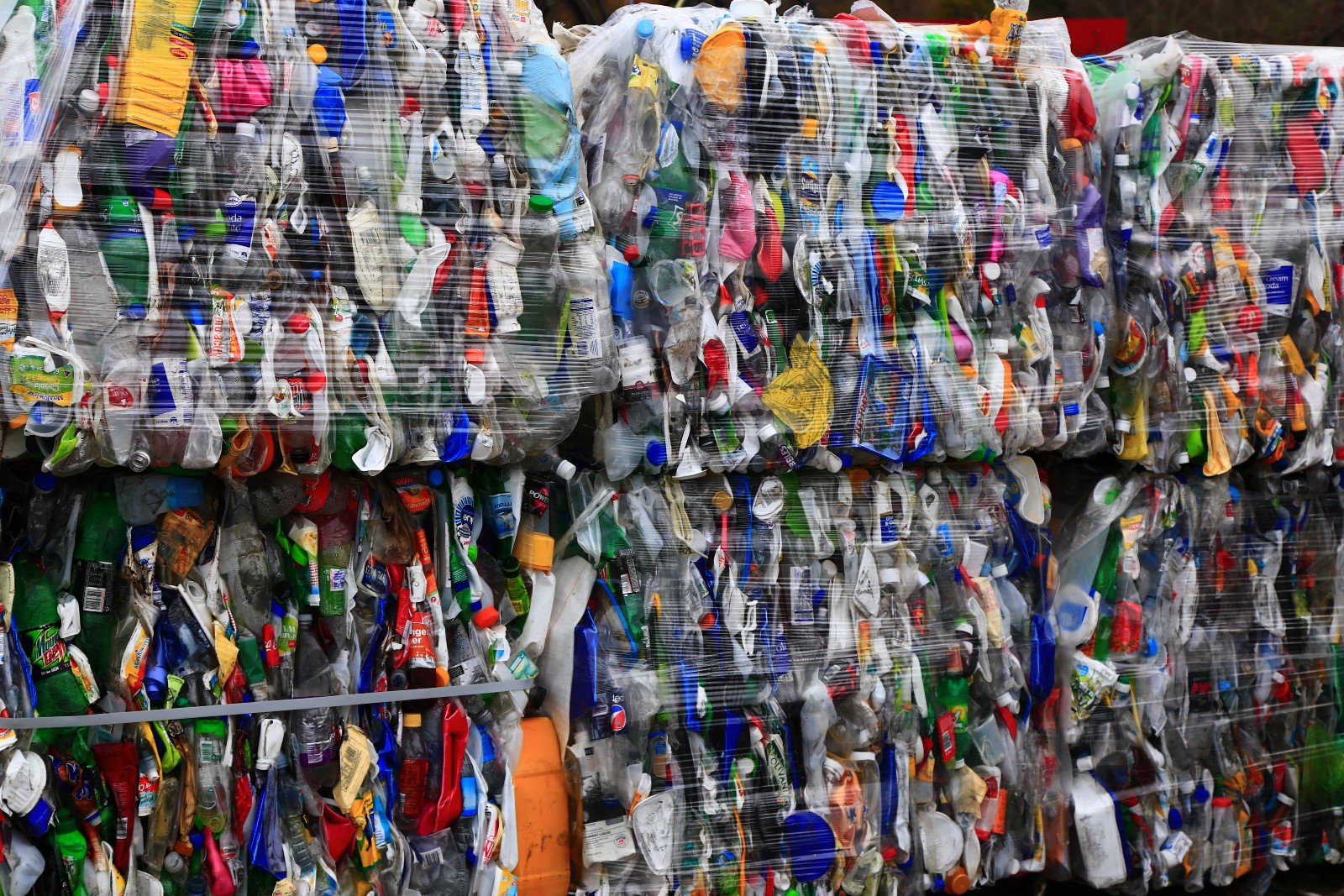Could microorganisms become the future of recycling?

Could microorganisms become the future of recycling? In recent years, a series of scientific breakthroughs have uncovered the effectiveness of certain microorganisms in the process of plastics recycling. Though still in the early stages of development, these enzymes are showing promise in plugging some of the holes that remain in traditional recycling processes. Some companies have even started working to address the problem of plastics recycling through this supposedly more efficient chemical process, but whether — and how soon — these discoveries can be scaled to meet commercial volumes of plastic waste is yet to be seen.
Plastic-eating microbes are not just a thing of science fiction. Scientists have known about different kinds of plastic-eating bacteria since as far back as 1991 but it wasn’t until 2016 that a group of Japanese researchers discovered a strain of bacteria called Ideonella sakaiensis 201-F6 that was particularly adept at doing so. This new strain could grow and subsist entirely off of polyethylene terephthalate (PET) — the type of plastic that’s tough and hard to break down, and is used to manufacture almost all single-use bottles and textile fibers. This meant that the bacterium could break down the complex chemical bonds formed in the production of PET — and it did so using certain enzymes that naturally evolved to have this particular ability.
What about traditional recycling? Currently, the most popular form of recycling is a process known as mechanical recycling where plastics are shredded, washed, and occasionally melted down before re-entering industrial processes. The problem with this method is that each iteration results in weaker and lower-quality plastic, meaning that resources eventually do go to waste.
Chemical recycling supposedly avoids this problem entirely: One of the most promising aspects of chemical recycling is that it bypasses the inevitable waste issue endemic to its mechanical counterpart by breaking down plastics into its most basic form. Being able to turn single-use water bottles back into the building blocks that once created theoretically means that there could be no resources lost in recycling manufacturing processes (assuming we are able to collect everything we produce).
Laboratory experiments pushed these enzymes further into the future: By 2018, the enzymes discovered on this new strain of bacteria were modified by a group of researchers at the University of Portsmouth to become even more efficient at breaking down PET. Government funding of some GBP 6 mn awarded to these researchers has since allowed them to figure out a way to make these enzymes degrade PET six times faster than before.
There’s also evidence to suggest that more microbes around the world are developing the capability to break down plastic, especially in places where plastic pollution is highly concentrated, according to one 2021 study by scientists from Sweden’s Chalmers University of Technology. A separate 2020 study from TU Bergakademie Freiberg and UFZ scientists found that a strain of bacteria that exists in soil exhibited the ability to degrade polyurethane.
One French company focused on enzymatic recycling is already gaining attention and funding: Late last year, French biotech company Carbios opened its first testing facility where it has been ironing out its PET recycling system using a completely new type of enzyme that they have enhanced to become faster and withstand higher temperatures. Carbios along with T.EN Zimmer and Deloitte have already received a EUR 3.3 mn European grant to build out its system which it hopes will be able to process 40k tons of plastic by 2025.
Some skepticism about this technology remains: First, there’s the question of scalability, which some think might take too long to reach. “We don’t have more years to figure this out and wait for new technology,” Kate Bailey, policy and research director at a nonprofit recycler based in Colorado tells ArsTechnica. Then there’s the issue of energy, which enzymatic recycling requires more of than mechanical recycling — though it is difficult to compare because enzymatic recycling supposedly reduces the amount of fresh plastic used in industrial processes. There’s also the problem that chemical recycling so far doesn’t work on other, tougher plastics.
Reeling in plastic production and pollution will require multiple efforts: With some 367 mn tons of plastic produced globally in 2020 and roughly 12 bn metric tons of plastic waste expected to pile onto the surface of the earth by 2050, it is likely that more ways than one will be required to address our plastic problem. Both mechanical and chemical solutions will likely have to be relied on in the coming years to absorb the current amount of waste floating around our planet, as will our need to drastically reduce the production of new plastic.